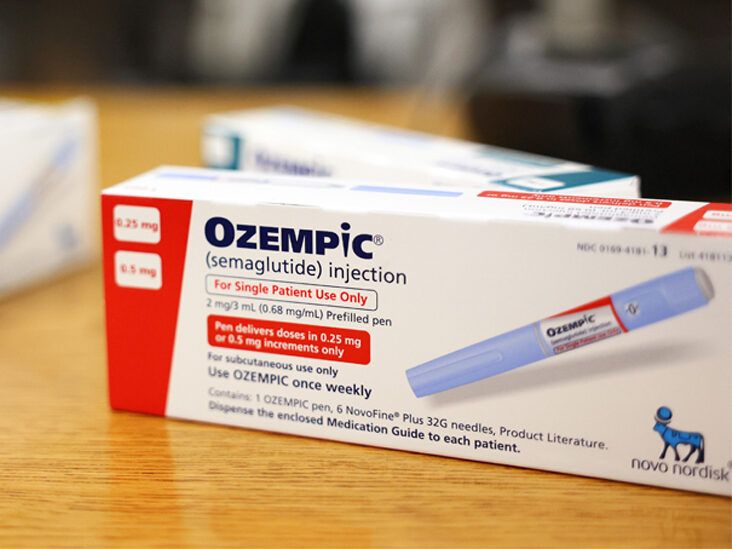The Connection Between Diabetes, Heart Disease, and Kidney Disease: Understanding Shared Risk Factors

Heart disease, diabetes, and kidney disease are among the most prevalent chronic illnesses in the United States, and they are closely interconnected.
Adults with diabetes are twice as likely to experience heart disease or stroke compared to those without diabetes. Additionally, individuals with both Type 1 and Type 2 diabetes are at increased risk for developing kidney disease. When kidney function declines, the heart must work harder to pump blood, which can exacerbate heart disease.
The overlap of these three conditions is so significant that the American Heart Association recently introduced the term cardiovascular-kidney-metabolic syndrome (CKM syndrome) to describe patients with two or more of these diseases or those at risk of developing them. A recent study suggests nearly 90% of American adults exhibit early signs of these interconnected conditions.
Although only 15% of Americans currently meet the criteria for advanced stages of CKM syndrome—meaning they have been diagnosed with diabetes, heart disease, or kidney disease or are at high risk—the numbers are still “astronomically higher than expected,” according to Dr. Rahul Aggarwal, a cardiology fellow at Brigham and Women’s Hospital in Boston and co-author of the study.
The research indicates the importance of addressing shared risk factors for these diseases early on, including excess body fat, uncontrolled blood sugar, high blood pressure, and elevated cholesterol or triglyceride levels.
A Dangerous Cycle
Your kidneys, heart, and metabolic system work closely together, and issues with one can lead to problems with the others. Insulin resistance, a key early change in people who develop Type 2 diabetes, leads to elevated blood sugar levels. Over time, high blood sugar stiffens and narrows blood vessels, causing increased blood pressure as the heart works harder to pump blood through these inflexible vessels. This condition also affects people with poorly controlled Type 1 diabetes.
High blood pressure triggers inflammation in the body, increasing levels of triglycerides and LDL cholesterol, which contribute to plaque buildup in blood vessels. This can eventually lead to heart attacks or strokes. These factors also damage the kidneys by reducing blood flow and causing scarring in the cells that filter blood. When kidney function declines, it further disrupts the balance of fluids, hormones, acids, and salts in the body, exacerbating cardiovascular and metabolic issues.
Prevent the Progression
Preventing or managing these risk factors can help lower the risk of developing diabetes, kidney disease, or heart problems. During annual wellness visits, your healthcare provider should check your blood pressure and may order blood tests to measure glucose, cholesterol, and triglyceride levels. They might also assess kidney health by measuring protein in urine or creatinine in the blood, and a blood test for C-reactive protein can indicate inflammation.
Once you understand your overall health, you can make meaningful lifestyle changes. Adding more fiber, fruits, and vegetables to your diet can help regulate blood sugar and reduce blood pressure. Strength training can improve insulin resistance, and any form of physical activity can help manage blood sugar and blood pressure. Experts recommend aiming for 150 minutes of exercise each week.
“Don’t think in terms of all or nothing,” advises Dr. Estrelita Dixon, an internal medicine specialist at UC Health in Cincinnati.
In some cases, medication may be necessary to manage high blood sugar, blood pressure, or high cholesterol. There is growing evidence that certain diabetes drugs, including newer medications like Ozempic and older SGLT2 inhibitors, can also benefit kidney and cardiovascular health.
While these conditions are different, a holistic approach to managing diabetes, heart disease, and kidney disease can help prevent serious complications in the future.





